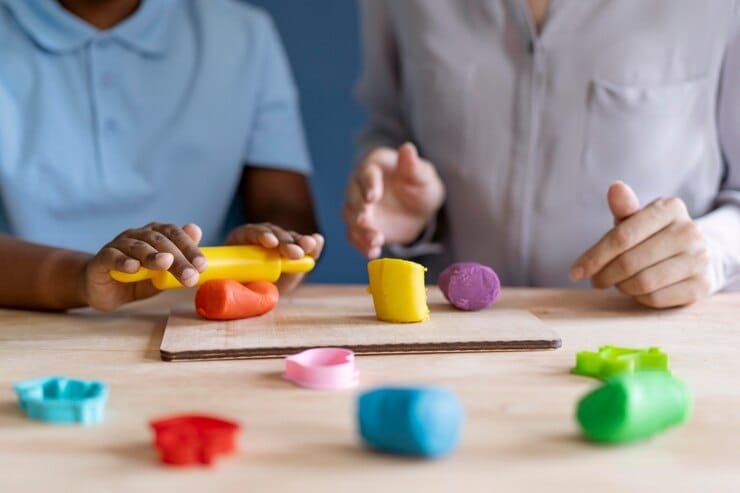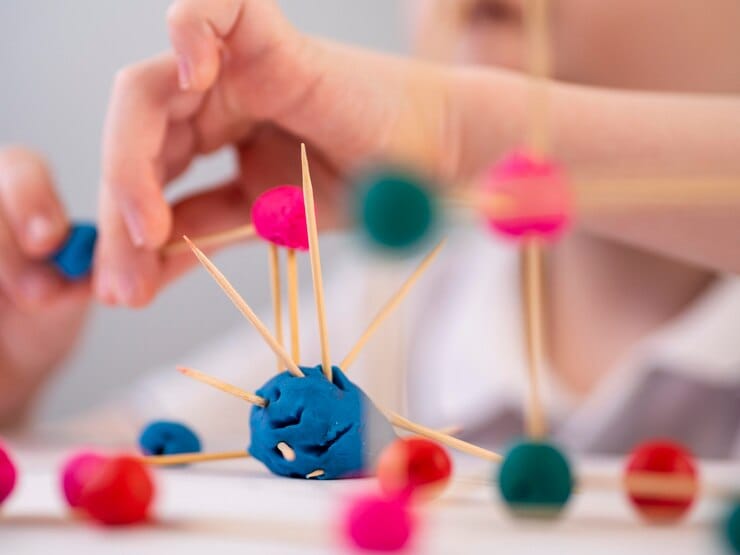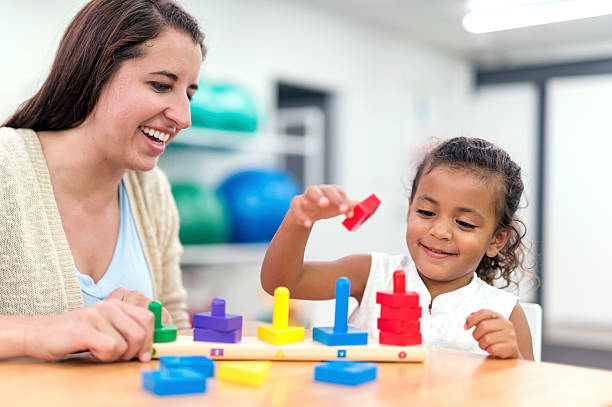Building Essential Life Skills
Our occupational therapists help children develop the skills needed for daily living, school performance, and social participation through evidence-based interventions.

Key Benefits of Occupational Therapy
Our therapy helps children gain independence and confidence in daily activities
Daily Living Skills
Improving self-care tasks like dressing, feeding, and grooming
Fine Motor Skills
Developing hand strength and coordination for writing and manipulation
Attention & Focus
Enhancing concentration for school and play activities
Sensory Processing
Regulating responses to sensory input for better participation
Conditions We Address
Our occupational therapists specialize in helping children with various developmental challenges
Sensory Processing Disorder
Helping children regulate their responses to sensory input for better daily functioning
ADHD
Improving focus, organization, and task completion skills
Autism Spectrum Disorder
Developing social participation, play skills, and sensory regulation
Learning Disabilities
Enhancing fine motor and visual perceptual skills for academic success



Our Child-Centered OT Approach
We create meaningful, play-based interventions tailored to each child's unique needs and goals.
Comprehensive Evaluation
Assessing sensory processing, motor skills, and functional abilities
Goal Setting
Collaborating with families to establish meaningful objectives
Sensory Integration
Using specialized equipment and techniques to address sensory needs
Skill Development
Breaking down tasks into achievable steps for success
Environmental Adaptation
Modifying tasks and settings to support participation
Frequently Asked Questions
Common questions about paediatric occupational therapy
What's the difference between OT and physiotherapy?
While both help children develop skills, OT focuses more on daily living activities, fine motor skills, and sensory processing, while physiotherapy emphasizes gross motor skills and physical mobility.
How do I know if my child needs occupational therapy?
If your child struggles with self-care tasks, handwriting, attention, sensory processing, or play skills compared to peers, an OT evaluation may be beneficial.
What does a typical OT session look like?
Sessions are play-based and may include sensory activities, fine motor tasks, self-care practice, and therapeutic exercises - all tailored to your child's needs and interests.
Will OT help with my child's handwriting?
Yes! OTs address the underlying skills needed for handwriting including hand strength, pencil grip, and visual-motor coordination through fun, engaging activities.
How can I support my child's OT goals at home?
Your therapist will provide specific home activities and environmental modifications. Consistency with these recommendations greatly enhances progress.